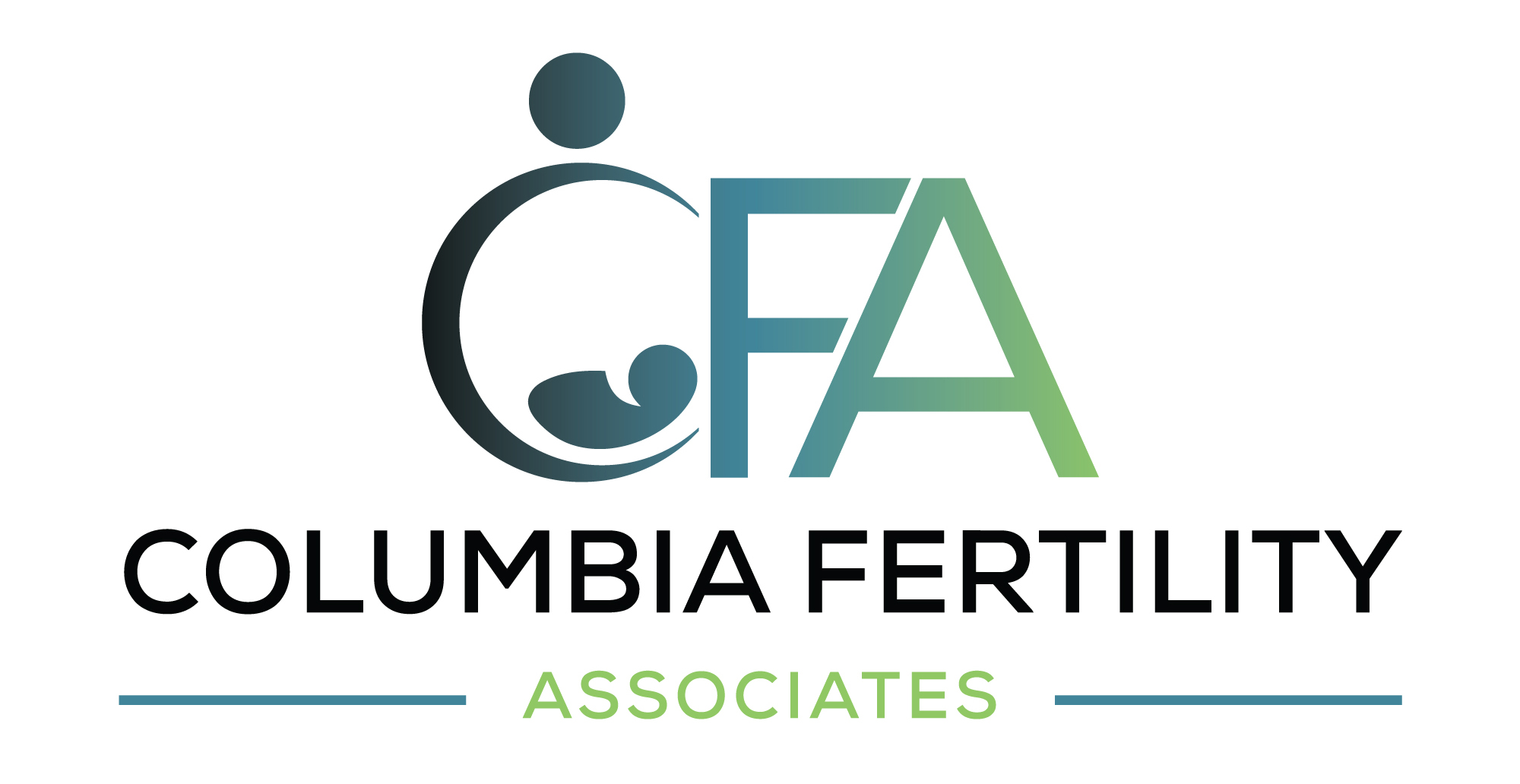So you’re ready to have a baby.
And you’ve been trying.
But it’s just … not … happening.
At Columbia Fertility Associates, we understand how stressful this can be. The waiting, the wondering, the hoping and praying. When a pregnancy you want so badly doesn’t come easily, it’s a difficult thing.
Fortunately, our team of physicians is extraordinarily skilled and experienced in helping diagnose and treat infertility. We provide answers. We give hope. And we help families grow.
The first thing you should understand is that it’s extremely common. You’ll soon discover that more people than you’ve ever imagined have confronted the challenges of infertility. You’ll also learn that there’s it’s often very possible to overcome those challenges.
The first step is evaluating you and your partner for infertility issues. So let’s take a look at the most common causes of infertility.
Common Causes of Female Infertility
Failure to Ovulate: An absence of ovulation is by far the most common cause of female infertility. It can be attributed to a variety of conditions, including primary ovarian insufficiency (POI) or polycystic ovary syndrome (PCOS). Endocrine disorders such as thyroid disease can also affect ovulation, as can the normal aging process.
Damaged or Blocked Fallopian Tubes: Problems with the fallopian tubes — where the sperm fertilizes the egg — can significantly affect fertility. Issues may be due to pelvic inflammatory disease, endometriosis, previous surgeries, ectopic pregnancy or tubal ligation.
Uterine Fibroids or Abnormalities: Fibroids are noncancerous growths inside the uterus. They may be genetic, and they have been found to be the cause of infertility in up to 10% of infertile women.
Common Causes of Male Infertility
Varicocele: A varicocele is an enlargement of the veins that drain the testicle. About 15% of all men have a varicocele. In some cases, it will go unnoticed and not cause problems. In others, it will cause infertility. Often, the condition is often reversible with surgery.
Infection: Infections of the epididymis and testicles can cause infertility, as can some sexually transmitted diseases.
Anti-Sperm Antibodies: Sometimes the body can mistake sperm for harmful invaders and trigger an immune system response that targets and destroys the sperm. Such cases are potentially treatable.
The above examples represent common causes of fertility, but it is by no means an exhaustive list. If you and your partner are under 35 years old and have been trying unsuccessfully for a year, we recommend you schedule an appointment for fertility evaluation If you’re older than 35, we recommend scheduling an evaluation after six months of trying.
In any case, don’t get discouraged. You’re not alone. And our experienced team is here to help you grow your family.








